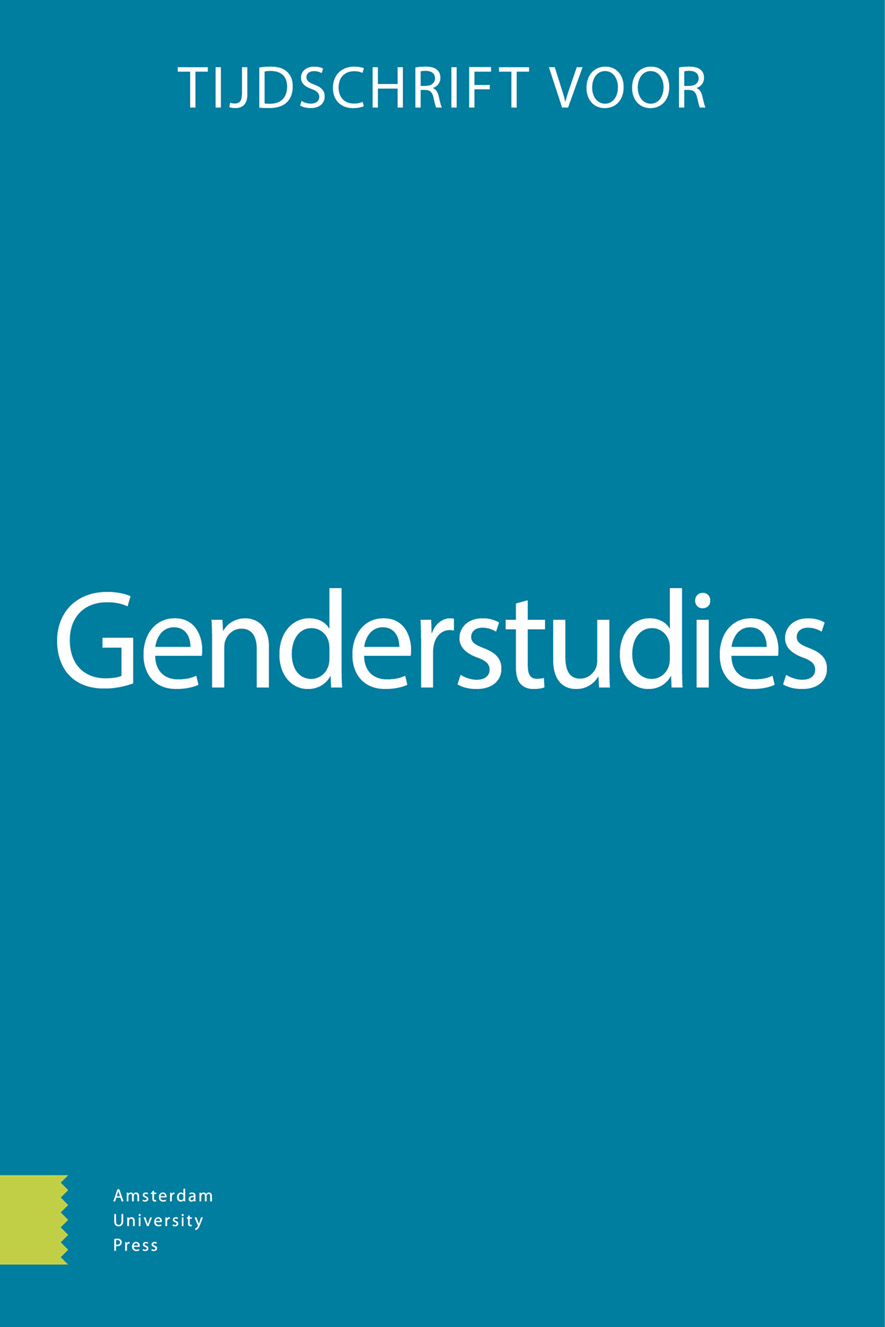-
oa Bridging colonial feminist discourses and migrant women’s lived realities
Mediators’ narratives on the tensions and ambiguities within marriage migration policy in Belgium
- Amsterdam University Press
- Source: Tijdschrift voor Genderstudies, Volume 23, Issue 1, Apr 2020, p. 33 - 50
-
- 01 Apr 2020
Abstract
Building on a discourse analysis of both policy documents and media statements by government and political representatives on the entangled topics of marriage migration and integration, this article starts by exploring the factual details and context of emergence of the 2011 renewed Belgian marriage migration policy. It will argue that these restrictive marriage migration policies are informed by the rise of a specific gendered and culturalised political discourse: the growing need to protect and save women – especially when they are Muslim or come from a Muslim background (Ghorashi, 2010; Moors & Vroon-Najem, 2020) – and to determine the purposes for marriage migration in order to combat sham and forced marriage practices. The paper thus moves beyond the written marriage migration policy – and its dominant narrative – and seeks to theoretically contribute to a critical perspective concerning the construction of a colonial feminist discourse in marriage migration policy. The methodological contribution of this paper consists of the work with expert informants or ‘mediators’ (Lutz, 1993, p. 486) in order to challenge this dominant colonial narrative. Therefore, the main focus of this article is a grounded and intersectional analysis of in-depth interviews conducted with mediators working in the Flemish socio-political field of migration and integration. Building on their expertise and positionalities, the analytical part looks at their narratives and arguments of critique concerning tensions and ambivalent characteristics of the policy’s regulations and conditions, and how they affect migrant couples in general and migrant women in particular.


